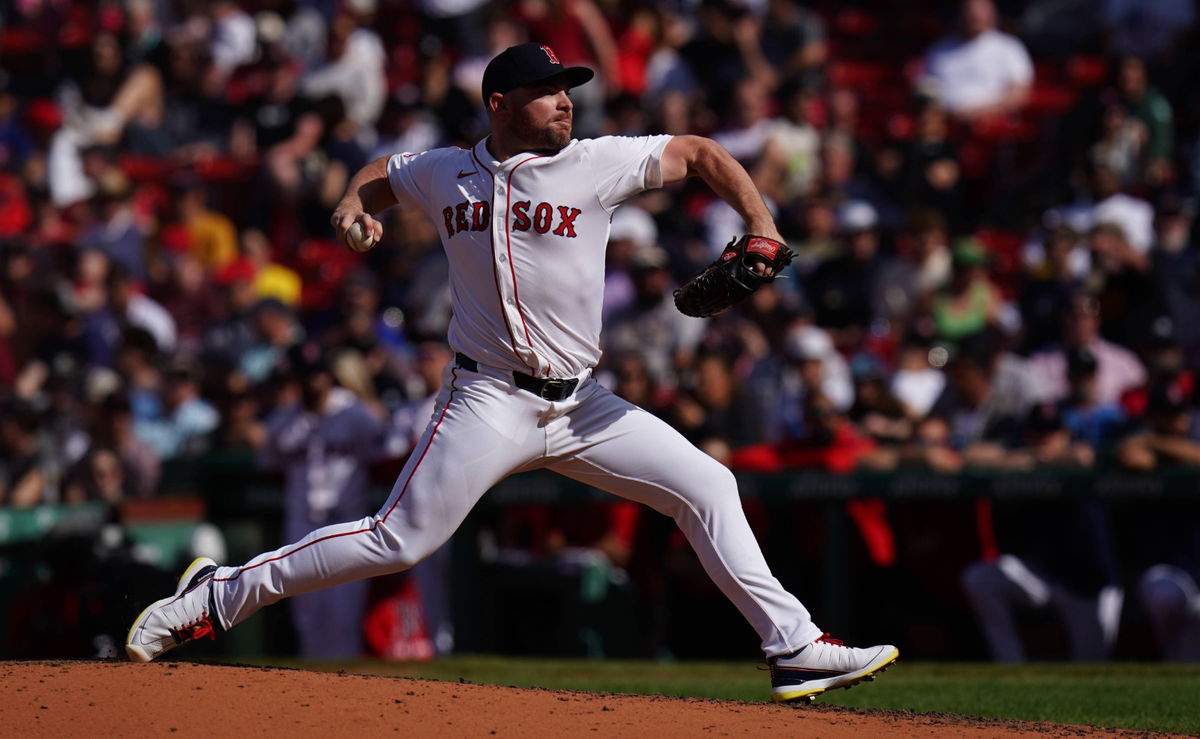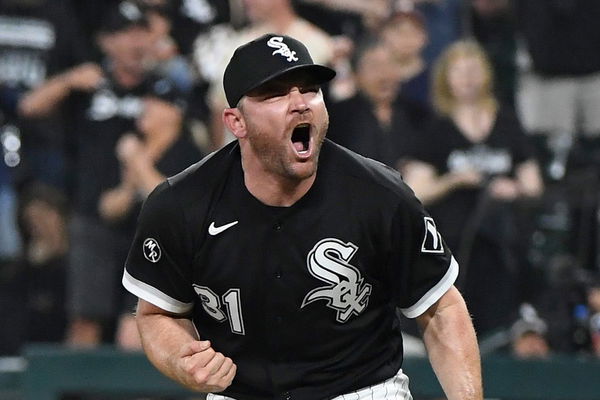

The mood should have been hopeful. After all, this was someone who had already beaten one of life’s cruelest curveballs—cancer. But instead of cheers and encouragement, what Liam Hendriks got in return were words so vile, they’d shake anyone to their core.
Watch What’s Trending Now!
The Red Sox pitcher, identified as much for his fire on the mound as for his resilience off it, had finally had enough. In a now-viral Instagram story, Liam Hendriks let loose—not with pitches, but with the kind of raw honesty that only pain can ignite. And no, this was not just a moment of weakness. It was a full-blown eruption.
Hendriks didn’t mince words. “Threats against my life and my wife’s life are horrible and cruel,” he wrote, before unloading on the trolls who had crossed every possible line. The messages weren’t just about poor performances or losses—they were about his cancer, about wishing he hadn’t survived. “Leaving comments telling me to commit suicide and how you wish I died from cancer is disgusting and vile,” he continued. The post, packed with capital letters and unfiltered rage, wasn’t just an emotional release—it was a wake-up call. Because when a professional athlete, used to high pressure, feels pushed this far, it means the game is no longer just between the lines.
ADVERTISEMENT
Back in 2019, Liam Hendriks made a bold decision to confront an issue most athletes try to ignore—cyberbullying. After a rare bad outing, he peeked into his social media mentions and found a flood of hate, including vile death threats and attacks on his family. But instead of going silent, Hendriks used the moment to spark a conversation. With his wife Kristi—who faced her share of harassment—the couple leaned into advocacy. Partnering with MLB’s Shred Hate and joining anti-bullying campaigns like Pink Shirt Day, they weren’t just making noise; they were building a support system for anyone suffering silently behind a screen.
Astros’ Lance McCullers Jr. becomes another MLB star to sound alarm over growing online threats
What Liam Hendriks started in 2019—turning pain into purpose—has since echoed louder across the league. Now, Astros pitcher Lance McCullers Jr. is carrying that same torch. Still recovering after more than two years off the mound, McCullers is not just battling back from injury. He is doing so under the shadow of repeated threats, harassment, and fears that extend far beyond baseball. His manager, Joe Espada, didn’t hide his frustration, calling the vitriol “unacceptable,” as he emphasized the toll it takes on players simply trying to return to form.
ADVERTISEMENT
Lance McCullers Jr. admitted that he’s long endured a barrage of hate, much of it tied to the fallout from the Astros’ 2017 scandal. But the threats aren’t just professional—they’ve become painfully personal. From fearing for his family’s safety to dreading what comes with stepping outside his door, the pitcher described a life filled with emotional landmines. It’s a distressing trend, one that mirrors Hendriks’ earlier stand: players are no longer suffering in silence. They’re speaking out, not just for themselves, but for everyone targeted by digital cruelty. And while the names may change, the message remains the same—baseball shouldn’t come with a side of abuse.
ADVERTISEMENT

The recent outpouring from Red Sox pitcher and others like Liam Hendriks and Lance McCullers Jr. highlights a harrowing truth: behind the stats and stadium lights are human beings battling not just opponents, but an increasingly hostile digital world. As players bravely speak out about death threats, cyberbullying, and emotional trauma, it’s clear that the line between criticism and cruelty has long been crossed. Their voices are not just cries for help—they are calls for accountability, empathy, and systemic change. Because no one, athlete or not, should have to choose between their career and their peace of mind.
ADVERTISEMENT
`
ADVERTISEMENT
ADVERTISEMENT
ADVERTISEMENT